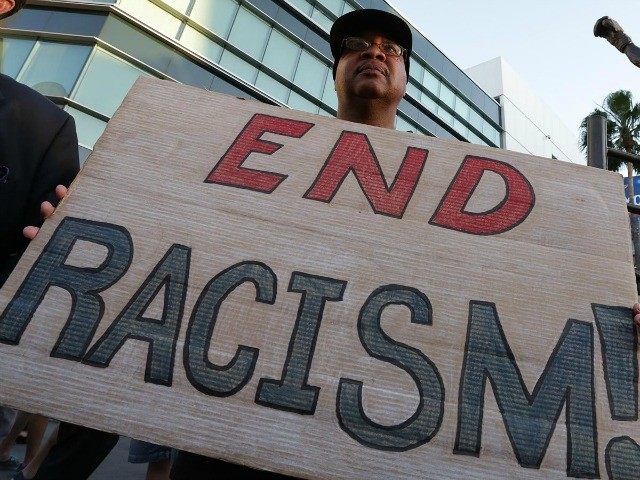Editor’s Note: This article first appeared at The Daily Dot and was republished at Salon. We reprint here.
The Ku Klux Klan is currently sponsoring a Harrison, Ark., billboard that sends the following message: “It’s not racist to love your people. www.WhitePrideRadio.com.” The message is featured next to an adorable photo of a kitten and a puppy. On the White Pride Radio website, the group further clarifies their mission: “A lot of people recognize that there is an ongoing program of genocide against white people. There are websites, newsletters, videos, and radio shows, but too many talk about family without including the family. It has always been our mission to not just promote the white family, but to make them a part of this cause of white Christian revival.”
Oddly enough, this isn’t the first time that a Harrison billboard has gone viral. Following similar signs in Alabama and Eugene, Ore., a message went up that read: “Anti-racism is code for anti-white.” If that doesn’t clear it up for you, let’s put it bluntly: White pride is always racism, always. Here’s why.
1) Whiteness is an artificial sociological construct which has been used throughout history to exclude certain groups of people from the rights guaranteed others and to justify bigoted attitudes.
As Nell Irvin Painter explains in The History of White People, the notion of “white culture” is a myth. “Our culture was founded in 1789 right about the same moment that Blumenbach was inventing Caucasians—this moment of racialization,” she told Salon in an interview from 2010. “Some people say race is in our national DNA so that we just can’t get away from it. I don’t know if we ever will.”
While the institution of slavery made it difficult to keep accurate genealogical records for African-American families, the American slave trade sold into servitude West Africans from among the tribes of Sierra Leone, Senegambia, and the Gold Coast, as well as other areas along the coast. White Americans, however, are not a single ethnic group or a distinct number of ethnicities; they are an amalgamation of everyone who benefits from white privilege, and its boundaries are always shifting.
Before the Civil War, this distinction often made the difference between whether you were a full citizen or a slave with three-fifths congressional representation; afterward, as Edward J. Blum discussed in Reforging the White Republic: Race, Religion, and American Nationalism, 1865-1898, the paradigm of “whiteness” was used to forge a new sense of national unity for the American people as a way of healing sectional, regional, and class strife.
Read the rest of the story at Salon.

COMMENTS
Please let us know if you're having issues with commenting.